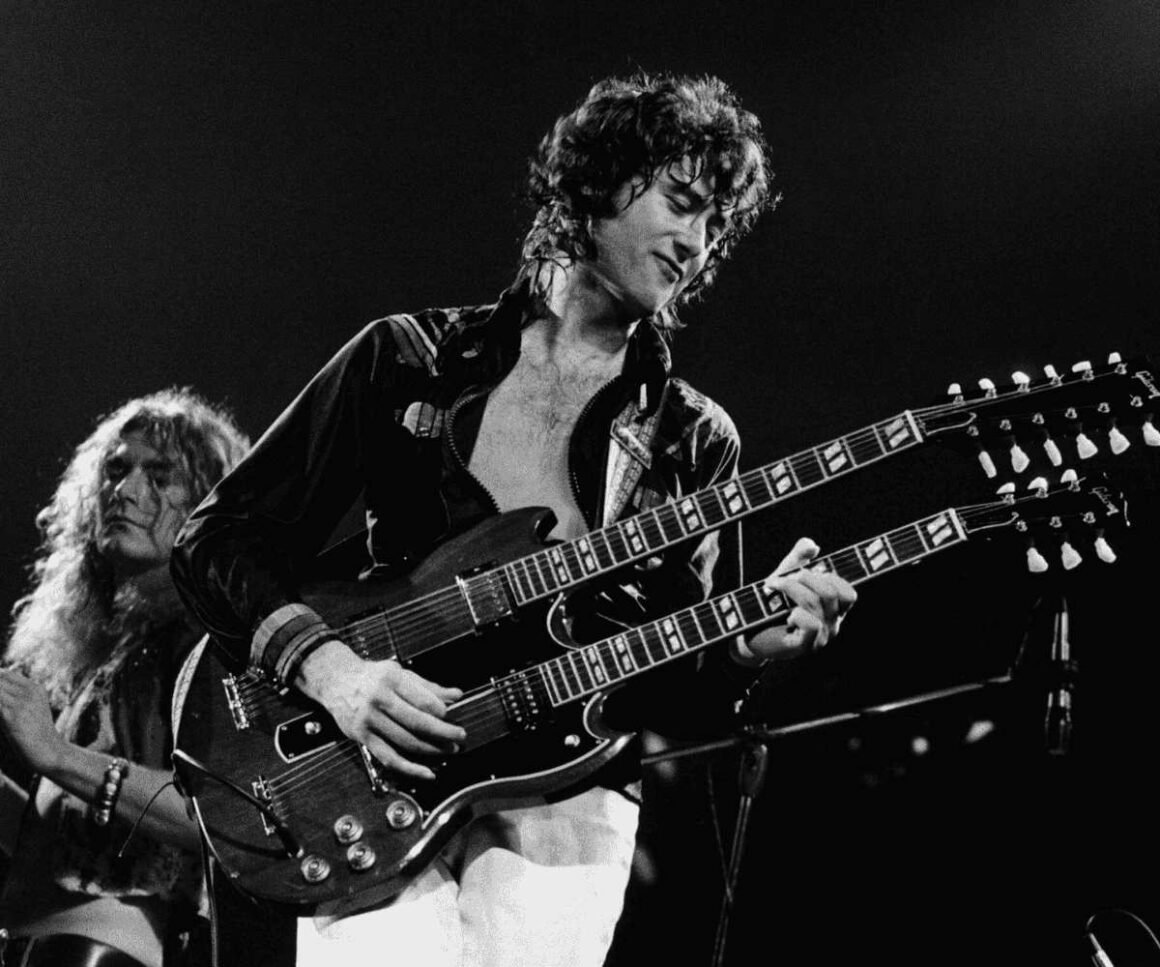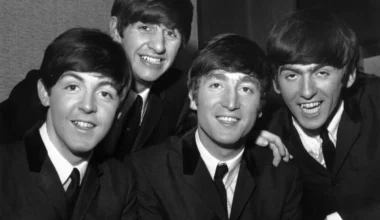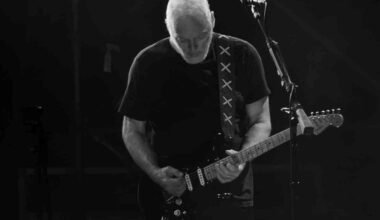Led Zeppelin’s lineup was a force of nature, with each member being a master of their craft. Robert Plant delivered unmatched vocal performances, Jimmy Page crafted iconic guitar work, John Paul Jones anchored the rhythm on bass and keys, and John Bonham thundered on drums. Each played a critical role, creating a cohesive unit that never tampered with their formula. Still, the band wasn’t entirely rigid, and occasional experiments allowed for moments of musical spontaneity.
While the members occasionally dabbled in roles outside their primary instruments—such as John Bonham’s vocal contributions on live renditions of “The Ocean” or Jones’s mandolin work—these were exceptions rather than the norm. No one ever challenged Plant for the lead vocals, Bonham for the drum throne, or Jones for bass duties. Their roles were sacred, ensuring Led Zeppelin’s seamless synergy.
Unlike bands like The Beatles or The Rolling Stones, where members frequently swapped roles, Led Zeppelin stuck to their defined territories. With each member arguably the best at their respective instrument, the formula rarely needed tinkering. However, one notable exception occurred during the recording of Led Zeppelin III, resulting in a rare instance of Page stepping into Jones’s domain on bass.
The track in question, “That’s the Way,” came together during a late-night studio session. Known for its folky charm, the song featured Page experimenting with pedal steel guitar and dulcimer. As the arrangement evolved, Jones added mandolin to the mix, contributing to the pastoral soundscape.
Once satisfied with his contributions, Jones called it a night. But after he left, Page decided the track needed a bassline to round out the arrangement. Rather than waiting for Jones to return, Page grabbed a bass guitar and recorded the part himself, marking a unique moment in the band’s history.
In the book Light and Shade: Conversations with Jimmy Page, the guitarist recounted the spontaneous decision: “I was doing a bunch of overdubs and got excited. John Paul Jones went home, so I put the bass part on it as well! That didn’t happen often, believe me.”
Far from an act of overreach, Page’s bass contribution was a pragmatic move to complete the track. The mutual respect between Page and Jones, forged during their early session musician days, ensured there was no conflict over the decision. It was simply a moment of necessity, not a redefinition of their dynamic.
Page never again stepped into Jones’s bass-playing territory on a Led Zeppelin record. The band’s steadfast adherence to their roles was part of what made them legendary. But “That’s the Way” stands as a testament to their creative flexibility and Page’s dedication to bringing his vision to life, even if it meant briefly breaking the rules.







